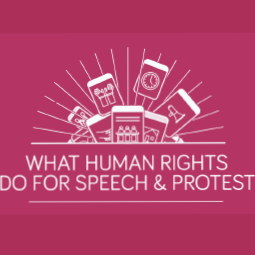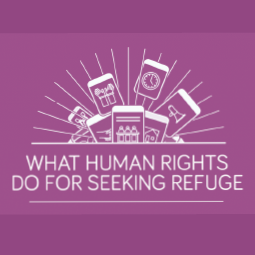
Craig Matheson: I don't think any of us realise the impact that we have. Children often need others to be able to stand up for them. We thought we were fighting for 500 families a year, it turned out to be a lot more. Cameron was my youngest son, the youngest of four children and he was born in 2007. And when he was three days old, we realised quite quickly that he was very, very ill. He was diagnosed with cystic fibrosis. He was diagnosed with Duchenne Muscular Dystrophy as well. But in spite of that his attitude to life was I'm having a great time, come and join in. He just engaged with everyone.
My wife and I, we took the view that we didn't want to fall back on state benefits, because we were we were making enough ourselves to meet our family's needs. It wasn't until we had to give up work, as Cam got sicker, that was the point at which we thought, well, we're going to have to ask for help. Effectively, we were allowed to retire temporarily to do the best that we could for our child. Cam, in July of 2010, had an operation that removed about 90% of his gut. It became clear that it was going to be a very, very long stay and a very, very long recovery.
We had been vaguely aware that if Cam had a very long stay in hospital, there could be implications. At home they get the benefits, in hospital after 84 days, the benefits are removed. So the state's not paying for NHS care and the benefits as well. And they said no, you're not entitled to it anymore. It's stopped. So we're suddenly left with a massive shortfall. So the first stage is you appeal to the DWP and ask them to reconsider their decision and that's dealt with entirely in-house.
By October 2012 we had been through the first stage of appeal, and then Cam died. So we had the rather surreal experience of the judge in the upper tribunal extending his condolences and ruling against Cam at the same time. We spent three and a half years of Cam's life living at Alder Hey, alongside countless other families just like us. And those were the ones that we were fighting for, after Cam died, it was those people that we wanted to try and help.
We went to the Supreme Court and we initially applied on several articles of human rights and without going into all the complexities of it, for us it was article one protocol one. Which basically relates to the peaceful enjoyment of possessions. It's been established that benefits provided by the state, amount to possessions. And once given they can't be arbitrarily taken away. And the five judges ruled unanimously in Cam's favor. And then after 11 months, the government actually repealed the 84-day rule. So that nobody under the age of 18 now will lose their benefits no matter how long they're in hospital for.
It's reinforced to me just how vital human rights legislation is. Human rights legislation that we have now came out of the aftermath of the Second World War. And all of the rights that are set out in all the conventions all of those things arise from the most appalling atrocities that have been committed. It never starts with gas chambers. It starts with one small difference being used as a justification for treating somebody differently, and then you slide down the slope. So human rights to me are absolutely vital in preventing that slide from beginning.
















